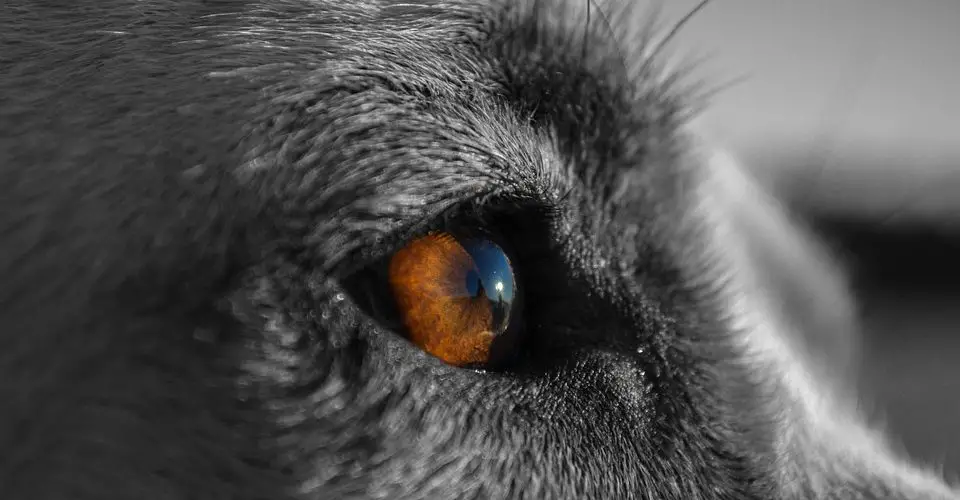There have been various different approaches to explaining motivation. Based on these, there are different theories of motivation. One of them is Instinct Theory of Motivation which completely focuses on the biological approach to motivation.
The theory states that
Every organism is born with different biological traits and tendencies in order to help them survive. These aren’t learned or experienced behaviors, rather patterns of behavior that occur naturally and are goal-directed. These patterns of behavior are referred to as instincts, and the theory suggests that instincts drive all behaviors.
Definition of Instinct
The term instinct was first coined by Wilhelm Wundt in 1870s to refer to any repeated behavior. The inherent tendencies depicted by an organism to engage in certain unlearned patterns of behavior are referred to as instincts. In simple words, instinct is the behavior shown by an organism in response to a certain stimuli.
For example, when a newborn infant’s cheek or lip is touched, it will turn its head toward it and making sucking motion with the mouth. This is known as rooting reflex, which assists in successful breastfeeding.
Examples
- The tendency of a dog to shake his body when it gets wet.
- Birds migrating south before winter.
- Mother’s reflex to take care of her child regardless of her upbringing in different societies.
A Brief History
Many psychologists have defined instinct theory which include vital elements which explained a person’s instinctive behavior. Almost all of them believed every action/activity is caused by something meaningful.
William McDougall
William McDougall was one of the firsts to write about instinct theory of motivation. According to him, instinct must be
- Unlearned
- Uniform in expression
- Universal in species
and composed of
- Perception
- Behavior
- Emotion
Based on the three elements, he outlined 18 different instincts such as maternal instinct, comfort, sex, hunger, laughter and curiosity.
For instance, you usually pay attention to odors in the kitchen when you are hungry. This is your hunger instinct. This motivates you to check the refrigerator for food.
Sigmund Freud
Psychiatrist Sigmund Freud suggested that human behavior was driven by two key forces
- Life instincts (eros) – engaging in sex, eating, and other activities to be alive
- Death instincts (thanatos) – engaging in aggressive behaviors like fights, stunts, not caring about survival.
He explained all animals, social or otherwise, have aggressive instincts which drive them to be involved in aggressive activities. These aggressive activities help in releasing the instinctual energy called catharsis, cleansing of guilt.
William James
William James is another psychologist to have studied about motivation and he believed that
Our instinct is to survive.
Important instinctive motivation factors in his theory were:
- Fear
- Love
- Anger
- Shame
- Cleanliness
Instinct Theory of Motivation: Observation
Instinct theory of motivation suggests that the key to our motivation is biological or genetic programming of our body. The general idea is that similar motivations occur on humans because of the similar biological programming shared by humans.
Motivation to survive is the root of all motivations.
And, as we act or behave on other motivations emerged as a result of our core motivation, all our actions are considered as instincts.
A common example used by psychologists to explain Instinct Theory of Motivation is that a human mother will always attempt to take care of her baby, regardless of her upbringing and social standard. The theory suggests that they behave so because of their biological components. Since, no other factor seems to be at play, the action is referred to as instinct.
Critical Evaluation
One of the major criticisms of the theory has been the fact that instincts aren’t universal. Looking back at the previous example, there are always few women who do not exhibit the same level of affection and care as expected.
Another problem is that the levels of motivation can also be different. For instance, people exhibit different levels of jealousy and aggression.
Simply labeling a behavior as instinct doesn’t explain why certain behaviors appear in certain situations but not in others. Also, the fact that instincts aren’t something that can readily observed and scientifically tested does not do any favors to this theory.
However, this doesn’t mean that psychologists have stopped their study on the subject matter. In fact, modern psychologists are starting to believe that while instincts can be biologically programmed, the manner in which they are displayed is also affected by individual experiences. For instance, seeing a bear in TV won’t scare us but if seen live, then that’s a completely different story.





